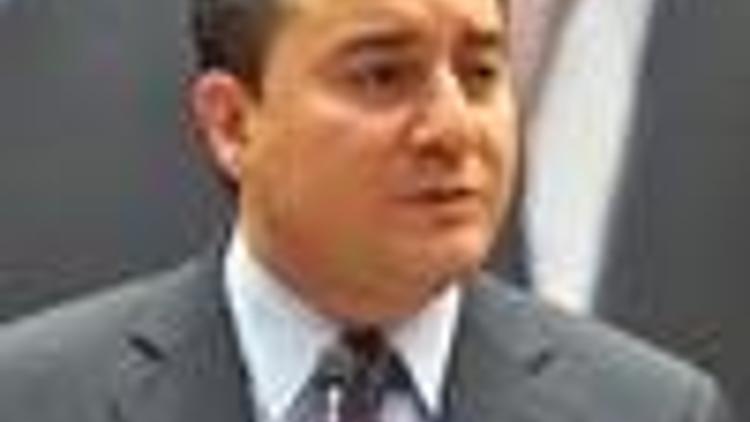U.S. envoy expected in Turkey next week, no plans to meet Hamas
Güncelleme Tarihi:

The new U.S. envoy to the Middle East, former senator George Mitchell, is expected to visit Turkey next week as part of a regional tour, the Anatolian Agency reported Sunday citing Turkey's foreign minister.
"I held a telephone conversation with new U.S. Secretary of State Hillary Clinton yesterday (Saturday) and she told me that she was sending Mitchell to the region and thought it important that he met me," Ali Babacan told reporters in Ankara.
He added he was sure the two sides would find a suitable date next week for Mitchell’s visit.
Babacan was speaking before his departure for
At the same time,
NO PLANS TO MEET HAMAS
U.S President Obama has taken the
A Western diplomat said Mitchell was likely to go to
The trip is expected to last roughly a week and will likely include a stop in
Israel's refusal to fully lift its blockade of the coastal enclave following its devastating 22-day offensive, which killed more than 1,300 Palestinians, has thrown into doubt the future of the ceasefire and post-war reconstruction.
A Palestinian official, who is close to the truce talks taking place in
But little tangible progress has been made thus far into turning the fragile ceasefire into something more lasting, and diplomats said time was running out. A February 10 Israeli election appears likely to bring to power the right-wing Likud party, which is critical of U.S.-backed peace moves.
Hamas, meanwhile, has cemented its hold on the Gaza Strip and its 1.5 million residents, casting doubt on assertions by Israeli leaders that the group has been severely weakened during the 22-day offensive.
A senior Hamas official said the movement would continue to arm its militants in the war-battered Gaza Strip as well as on the
"We never failed to get arms into
"We have the right to hold weapons. We will continue to get arms into
"Warplanes, aircraft carriers and satellite technology will not be able to monitor the entry of weapons through
"Things might get difficult, but we will do whatever it takes to continue our resistance against
Under the agreement, the
TUNNELS
Despite Western backing, Palestinian President Mahmoud Abbas, Hamas's rival, has been prevented by Israel from bringing cash into Gaza that would allow his Palestinian Authority to pay its workers and support those in need.
Senior Israeli defense official Amos Gilad said his government was more concerned about regulating the items being smuggled into

